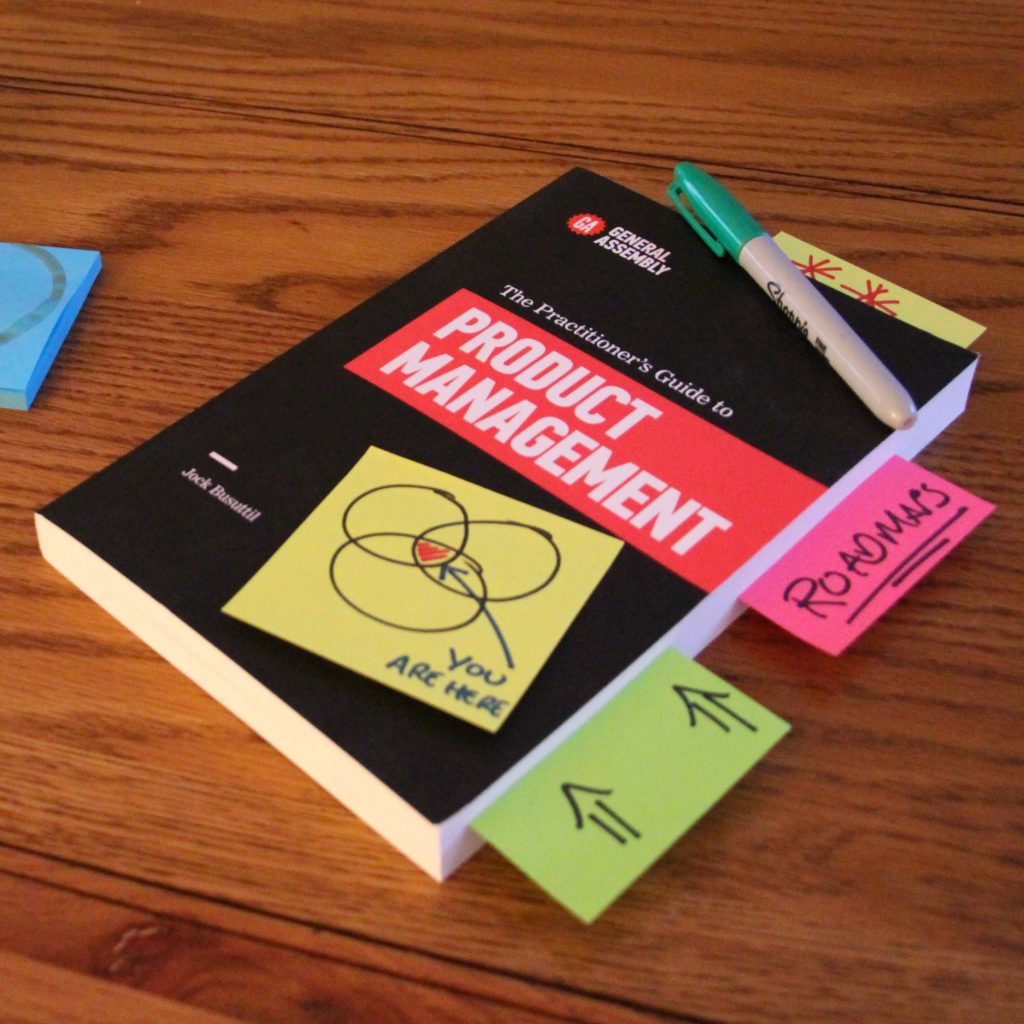Chapter 2
Copyrighted Material
Knowing the Customers Better Than They Know Themselves
It would be wonderful if we knew ourselves sufficiently well not only to understand the assumptions we may be making, but to fully and clearly articulate our thoughts and needs. It would eliminate many misunderstandings we have with friends, family, and colleagues, and would obviate the reading between the lines and educated guessing that product managers must do so much of. One of the most important roles of the product manager is to understand people’s compelling needs for products, but the trouble is that people rarely know their own minds well enough to distinguish between their fundamental needs and distracting desires.
In our consumer culture, we’re bombarded with advertising and marketing messages that induce us to believe we will be fitter, happier, more productive, and ultimately more complete if only we take advantage of this once-in-a-lifetime offer of a steam-cleaning mop with three free replacement heads and an attachment for bringing a shine to horses’ hooves (not available in stores). We don’t need this crap, but the psychology of the ads compels us to believe we want it and must have it immediately. When we actually encounter a product or technology that genuinely enriches our lives, we don’t realize how much we needed it until after we’ve seen it. We’re often not aware we have a problem until we’ve been shown how to solve it. The ability to spot these occluded problems is another of the product manager’s most important skills.
Copyrighted Material
You’re reading an extract from
The Practitioner’s Guide to Product Management
by Jock Busuttil
